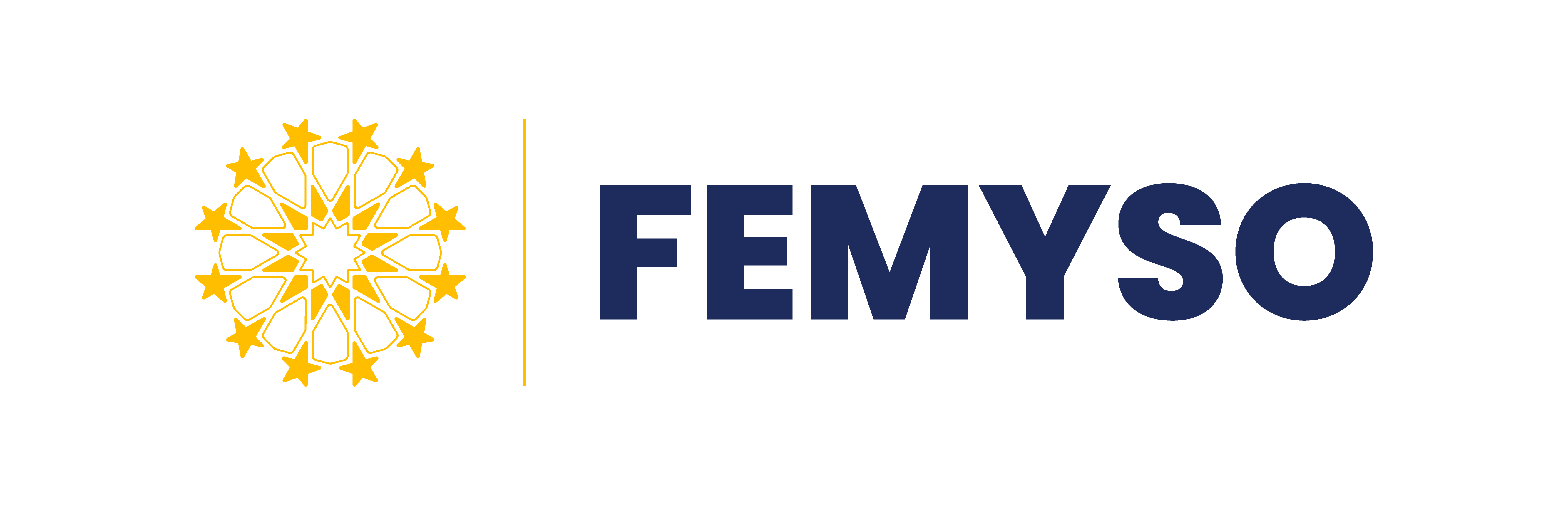The Forum of European Muslim Youth and Student Organisations (FEMYSO), a European non-governmental organisation working to promote active citizenship and public participation among European Muslim youth since 1996, has faced repeated attacks by far-right and other groups accusing the organisation of having links with the Muslim Brotherhood. FEMYSO categorically denies these false and malicious allegations which are designed solely to undermine our organisation.
FEMYSO, which has a broad membership in 20 European countries, is entirely run by young volunteers who are brought together by their shared European and Muslim identity. Since our founding in 1996 as an outcome of a conference hosted by the Swedish government, we have been a key partner for European institutions, numerous civil society organisations and have worked tirelessly to promote positive contributions by Muslim youth in all of our societies. This is testament to our commitment and efforts to promote active citizenship, coexistence and European values in all of our work throughout our 23 years of existence.
Transparency has remained one of our key principles throughout the existence of our organisation. It is FEMYSO’s motivated young volunteers and member organisations who are solely responsible for managing the organisation, setting its vision and policies, and running its programs, based on their concerns, priorities, and experiences as European youth. Our democratically elected Executive Committee serves the needs of our membership and are held accountable at our yearly general assemblies. As an international non-governmental organisation, our financial and organisation records are submitted as required to the necessary authorities including the Belgian authorities and the European Transparency Register.
We have decided to release this clarification after attacks on our organisation, its Executive Committee and volunteers by members of the far right and misinformed media organisations. These attacks are designed to intimidate and silence the voices of those who are working to promote a diverse and cohesive society which provides a place and opportunity for all regardless of background. It is worth noting that such attacks by the far right and others are a common means of seeking to undermine the work of many Muslim organisations and individuals who are working to make a positive contribution to their European societies and counter Islamophobia.
FEMYSO’s Executive Committee has always been very clear and transparent on this issue – FEMYSO is not a political party, it is not linked to any political party and has proven throughout the years that our sole objective is to work for a diverse, cohesive and vibrant Europe. Our organisation reserves the right to take legal action against organisations and individuals making false allegations.
Notes
1. FEMYSO (est. 1996) is a network organisation for 32 Muslim youth and student organisations across 20 European countries, and is the leading voice for European Muslim youth, developing and empowering them, and working to build a more diverse, cohesive and vibrant Europe.
2. For more information or requests please email media@femyso.org.
